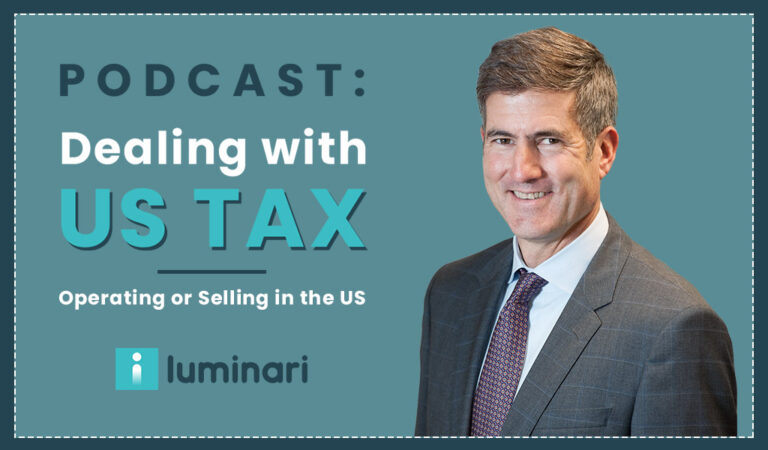U.S. Tax
Welch LLP provides U.S. tax services to Canadian businesses operating in or selling to customers in the United States may be subject to income tax in the US or may need to collect and remit US state sales tax.

Whether a Canadian company is subject to US federal and/or state taxation depends on several factors, and it is crucial that you know how the rules apply in your jurisdiction. For US federal income tax purposes, the primary factor is whether the company has a permanent establishment in the US. For state income and sales tax purposes, the primary factor is whether the company has nexus within one or more states. Welch will help you understand and maximize the rules as they apply our US tax to your situation.
What we do for U.S. Tax
- Corporate tax return preparation
- Personal tax return preparation
- Federal and state voluntary disclosures
- Sales tax review and compliance
- Strategic tax planning
- Representation to tax authorities
- Due Diligence
- Estate tax for Canadians (US real estate and securities) and US citizens (world-wide assets)
Permanent Establishment (PE)
If a Canadian company has a PE in the US, it is subject to US federal income taxation. A PE is a place of management, branch, office or factory. It also includes a building site or construction or installation project if the construction or installation period exceeds 12 months. In addition, PE rules certain services, and a PE may be deemed to exist based on services performed in the US by Canadian employees.
A company with a PE should file a US federal income tax return. If a Canadian company is operating as a branch in the US, the US federal and state income tax liability will be treated as a foreign tax paid. The company may then be eligible for a foreign tax credit on its Canadian tax return, which should decrease the company’s Canadian tax liability.
A Canadian company that does not have a PE must file an annual US federal tax return to disclose its treaty-based position in order to avoid an annual US$10,000 penalty.
Nexus
The nexus concept examines whether a business has a non-trivial presence in one or more states. It is determined on a state-by-state basis, with the nexus criteria differing for sales tax versus income tax. In determining whether a Canadian business has nexus, we consider whether the business has employees (including those attending trade shows), provides installation or implementation, has inventory stored or has a physical location or property (including intangible property) in a given state.
Rules vary from state to state, and even a temporary presence may be enough to establish nexus.
It is also worth noting that if two businesses are affiliated, the operations of one can be taken into account in determining the nexus status of the other. For example, in New York, if a business without nexus has as little as 5 percent cross-ownership with another business that does have nexus, it can result in the first company having nexus under nexus affiliate rules. Other connections, including the sharing of intellectual property such as trademarks, can also result in nexus affiliate rules applying.
It is crucial to carefully consider the operations of a business in relation to each state in which it operates or has customers.
Team members
Related resources
Are You Ready To Talk To A Specialist?
Get in touch, tell us your needs and we’ll assign an industry specialist to your organization.








